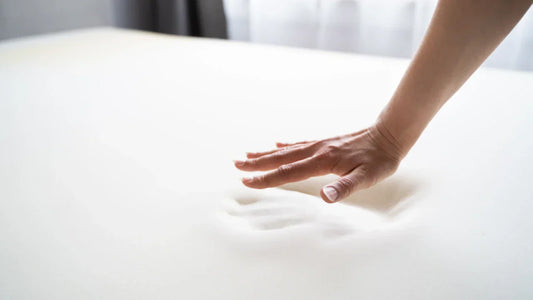There are many things that influence the way we dream and the content of the dreams that we experience. Dreams are strongest during our REM (Rapid Eye Movement) stage of sleep. And, although some people wake up regularly and vividly remember their dreams, other people struggle to remember anything.
But, whether you remember your dreams or not, we do all dream. In fact, even many animals dream too! So, what external factors can influence the dreams we have at different periods of our lives?
Let’s take a look at the main factors below.
Your Health

Your current health and wellbeing can act as the biggest influencers on your dreams. Certain health conditions might make it harder for you to sleep, meaning that when you do finally slip into the REM stage, you’re more likely to experience more vivid dreams as result. It’s often more likely that you will remember these dreams too, especially if you wake up frequently.
Taking certain medication is associated with stronger dream patterns and also potential negative dreams or even nightmares. The chemicals released in certain medications can affect the activity of your brain, interfering with your usual sleep patterns. If you feel like a certain medication is affecting your sleep, you should speak to your GP.
If you are suffering from any stress, anxiety or other mood-related conditions, this could also trigger intense dreams that are often distressing or disturbing. It’s important to try and use relaxation and/or meditation techniques before bed to try and go to sleep with a feel of ease and calm.
Life Events

We all go through minor and major life events, which can impact on our health as well as our sleep. Some of the bigger and more stressful events include moving to a new house, changing jobs, having a baby, getting married, preparing for an exam or losing a friend or family member.
It’s not uncommon that going through one (or another) of these life events results in more frequent dreams and potentially more stressful dreams. You might dream about the event itself before it’s taken place or dream about an event that happened years ago. Equally, the dream might be a fair representation of what happened, or it could be a weird and wonderful variation with different twists and turns.
Again, practicing relaxation techniques before bed can help you to wind down and allow your brain to slow down, resulting in calmer and more pleasant dreams.
Food & Drink

Although there is no hard and fast scientific evidence linking dreams to certain food types, there is some hefty research looking into the correlation between sleep patterns, nightmares and certain foods which could cause them.
It’s well known that the food we eat greatly impacts our waking life, energy levels and mood, therefore, it makes sense that the same goes for when we are asleep too.
For example, food and drink containing caffeine can have a big effect on our energy levels for a temporary period. If you consume a lot of caffeine, and especially later in the day, it’s likely that your brain will be more awake even when you drift off to sleep – increasing the probability of more vivid dreams. This may cause you to wake up more frequently in the night – hence making it more likely you will remember the dreams more clearly too.
Research has linked the consumption of dairy and spicy food to bad dreams too. A slight sensitivity to dairy or spice could, again, cause an upset to your digestive system during sleep, which could cause a disturbance and increased brain activity during the REM stage.
We all crave that magic seven to eight hours of undisturbed sleep each night with wonderful dreams about far away islands and beautiful sunsets. However, achieving this takes planning and consistency. If you are interested in tracking your dreams and finding correlations between your lifestyle, then why not keep a dream diary. See if you can find any links between what you do when you’re awake and what happens when you’re asleep!









